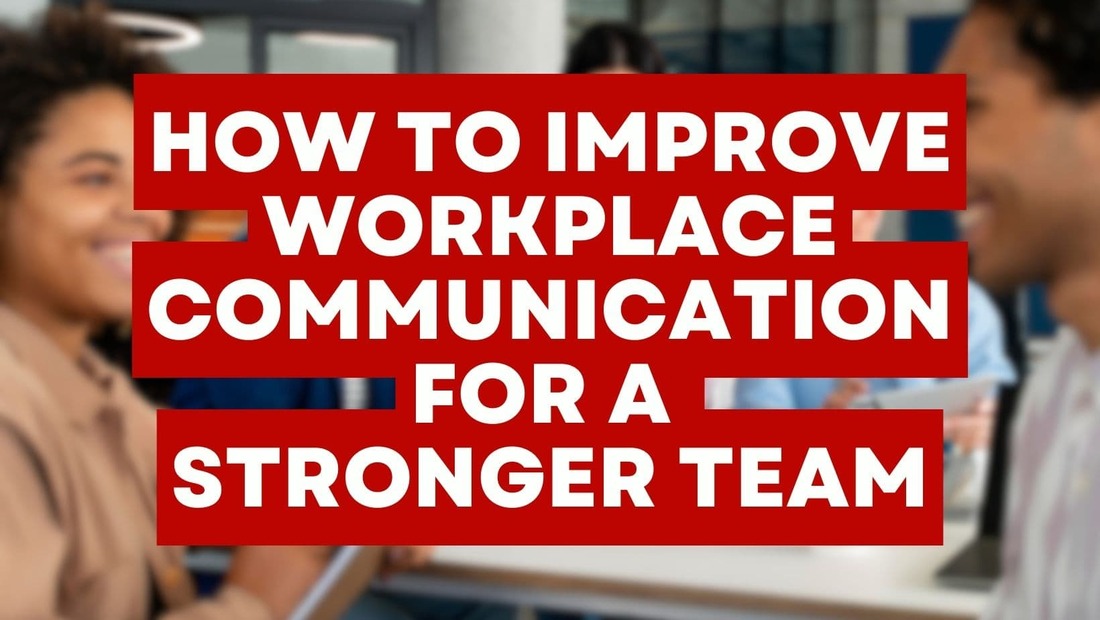|
Effective workplace communication is the key to success. However, many organizations struggle to break down barriers and foster open lines of communication among their teams. This not only hinders productivity but also creates a negative work environment. Communication can help you overcome that! By implementing strategies that promote inclusivity, transparency, and active listening, companies can revolutionize their communication practices and build a stronger, more cohesive team. In this post, we'll explore practical tips and techniques to overcome them. The Importance of Effective Workplace Communication.Effective workplace communication is the foundation for a thriving organization. It enhances productivity, builds trust, and fosters collaboration among team members. When communication is clear and transparent, employees feel valued and engaged, leading to higher job satisfaction and improved overall performance. On the other hand, poor communication can result in misunderstandings, conflicts, and decreased productivity. It is essential for organizations to prioritize effective communication to create a positive work environment and achieve their business goals. Communication barriers can arise from language, cultural backgrounds, or different communication styles; technology and remote work have not made it easier, introducing new challenges to workplace communication. Common Barriers to Workplace Communication.There are common obstacles that hinder effective workplace communication.
Strategies for Overcoming Communication Barriers.Promoting Open and Honest Communication: One effective strategy for overcoming communication barriers is to create an environment that encourages open and honest communication. This can be achieved by:
Utilizing Technology for Better Communication: By leveraging technology effectively, organizations can overcome communication barriers and enhance team communication.
The Role of Leadership in Fostering Effective Communication.Leaders play a crucial role in fostering effective communication within their teams. By modeling and prioritizing open, transparent, and inclusive communication, leaders can set the tone for the entire organization.
Consider the following strategies:
By demonstrating a commitment to improving communication, leaders can encourage their teams to do the same. In conclusion, effective workplace communication is crucial for building a stronger team and achieving organizational success. By recognizing common barriers to communication and implementing strategies to overcome them, organizations can foster open and honest communication, improve non-verbal communication, leverage technology, invest in training and development, and cultivate effective leadership. When communication barriers are broken down, teams can collaborate more effectively, trust is built, and overall productivity and job satisfaction are enhanced. Investing in training and development programs focused on enhancing communication skills can significantly improve workplace communication. Conducting workshops and seminars on effective communication can provide team members with valuable skills and techniques to enhance their communication abilities. These sessions can cover topics such as active listening, conflict resolution, and delivering constructive feedback. Comments are closed.
|
AuthorCandidly Speaking is a non-profit organization working towards diversity and inclusion, one conversation at a time. Archives
June 2024
Categories
All
|
About Candidly Speaking
|
Candidly Speaking is a 501(c)3 non-profit organization founded in 2017 that works towards Diversity, Inclusion, and Equity, fostering a more cohesive environment through better communication skills.
|
Copyright © 2023 Candidly Speaking


 RSS Feed
RSS Feed